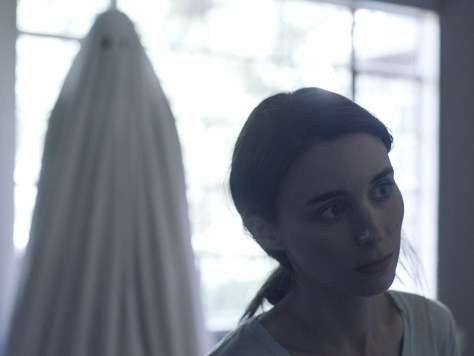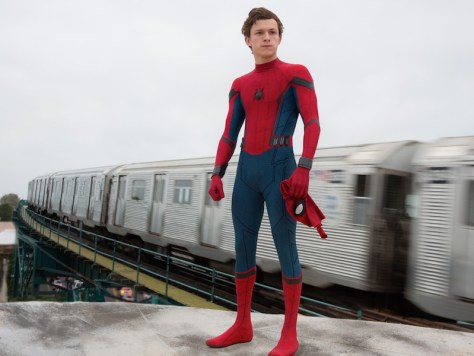
Oscar-winning director Kathryn Bigelow teams up with journalist/screenwriter Mark Boal for a consecutive third time to create their most unflinching and unshakable material yet with this stark period piece. Detroit centers around the Algiers Motel incident that took place in the summer of 1967 when racial tensions and rioting were at an all-time high for the titular city and no one seemed to have a feasible solution to the problem. The film itself doesn’t provide any easy answers either and will no doubt generate a variety of impassioned opinions, both positive or negative, but it’s difficult to deny the skill and dedication that Bigelow has brought once again to her craft.
After some early scenes of context that outline the tumultuous setting, we’re introduced to several key characters who eventually converge at the Algiers Motel, including up-and-coming soul singer Larry Reed (Algee Smith) and local security guard Melvin Dismukes (John Boyega). When a man fires a starter pistol from the window of one of the rooms, the National Guard and local police overrun the building and round up all of its residents to seek out the potential shooter. Things turn from bad to worse when the officers led by Philip Krauss (Will Poulter) resort to intimidation and violence to find their suspect, which ultimately leads to multiple killings with dubious motives.
The film’s centerpiece is the hour or so that captures the horror of that event at the Algiers and while it’s grueling to watch and can be repetitive at times, every artistic and technical aspect comes together to make it an almost overwhelmingly gripping experience. The acting, especially in the case of Poulter’s sadistic policeman, is first-rate all around and does the most to contribute to the idea that everything we’re seeing is just how it was experienced by those who were there that night. The guerrilla-style camerawork from Barry Ackroyd (best known for his work with director Paul Greengrass) is fast-paced but always focused clearly during pivotal points of action both big and small.
Bigelow spends most of this long sequence at the motel to showcase the cruelty of men abusing their powers but she also takes care to assert the humanity of the victims before and after the event. For instance, we meet Dismukes as he settles a dispute in the street between a young black man and a white officer but in doing so, we learn of his personal dilemmas about keeping the peace when doing so was sometimes perceived as cowardly by those in his community. Reed is another character who gets a fair amount of screen time, most notably in the scenes where his singing is showcased and Smith’s performance is so good that his voice alone goes through its own narrative arc and informs the emotional state of his character.
If the film suffers, it’s due to the fact that neither the often clumsy build-up to the Algiers incident nor the generic courtroom follow-up reach the dramatic heights of that captivating stretch in the middle. I suspect that if Bigelow had focused more thoroughly on one character, as she did so well in The Hurt Locker and Zero Dark Thirty, it could have given the story a more personal framework and made things a bit more cohesive from a narrative perspective. Detroit is instead more a sociological study of a truly disturbing moment in American history that has a saddening amount of relevance to the current state of race relations even 50 years later.








